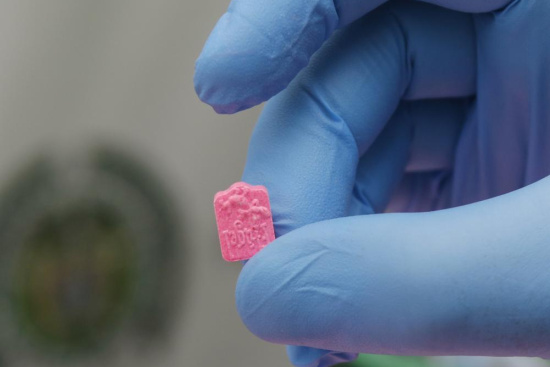Once a party drug, ecstasy is now being used by a wider audience. Known as the "love drug," it acts on the brain to induce euphoria and increase empathy. However, its toxicity is extremely high even at low doses, making it a dangerous substance that can be highly addictive.
In Turkey, specialized centers offer comprehensive care to help patients get rid of their addiction in complete safety.








